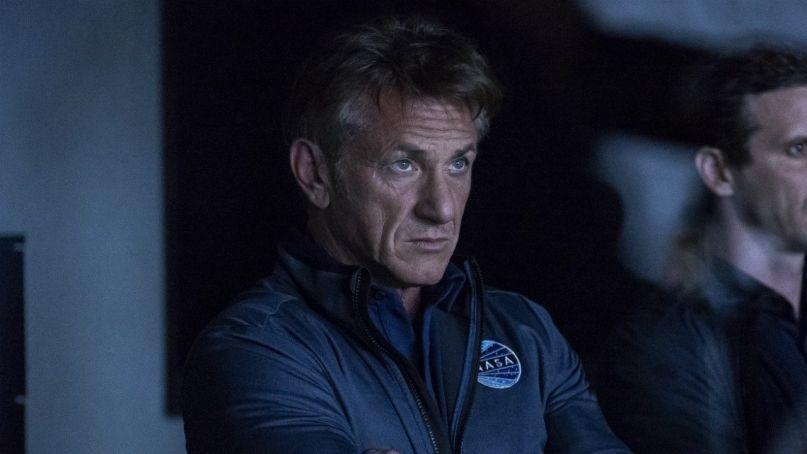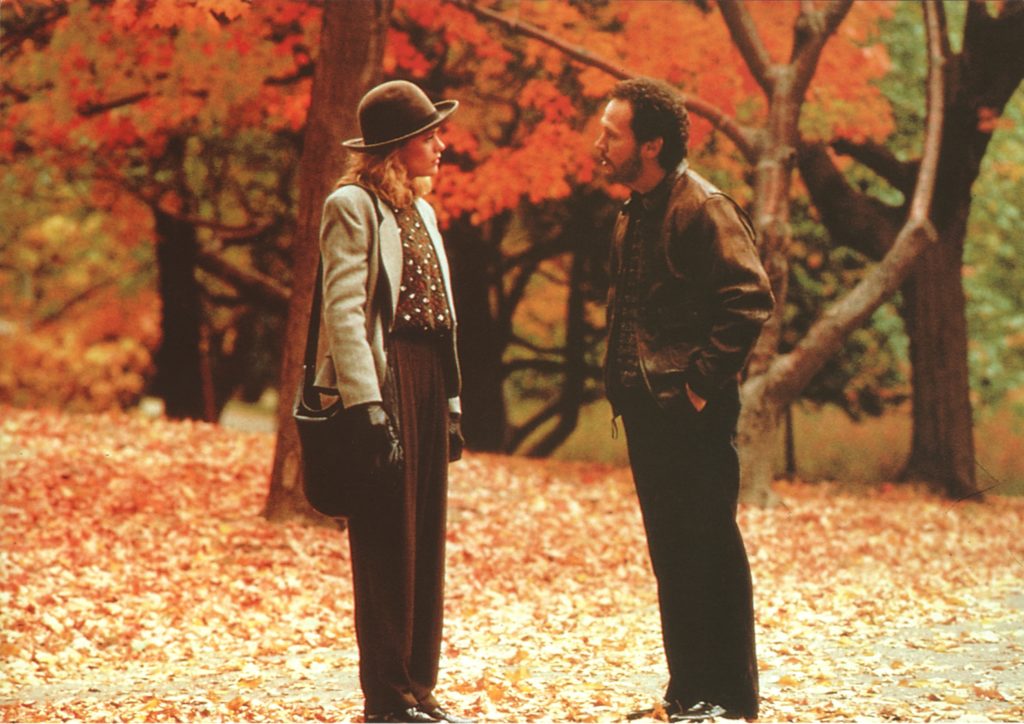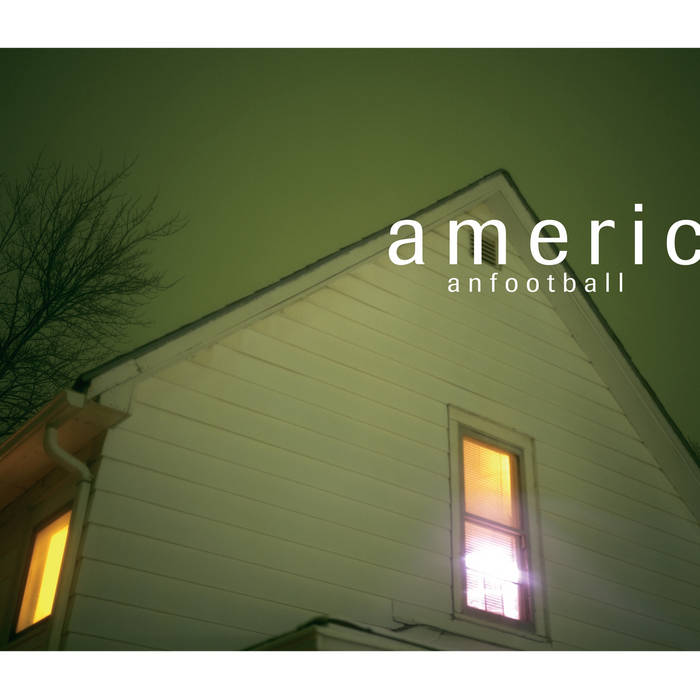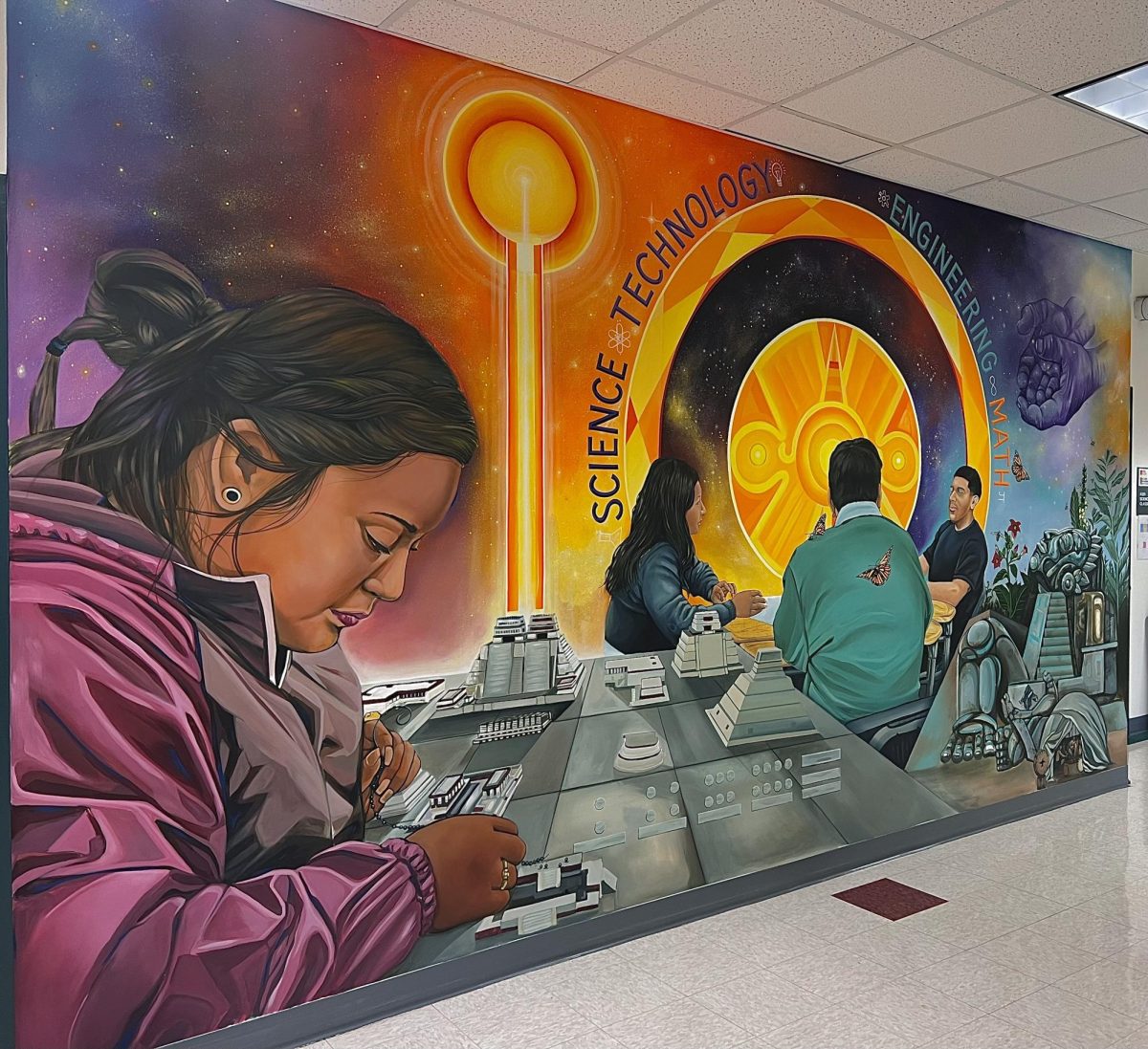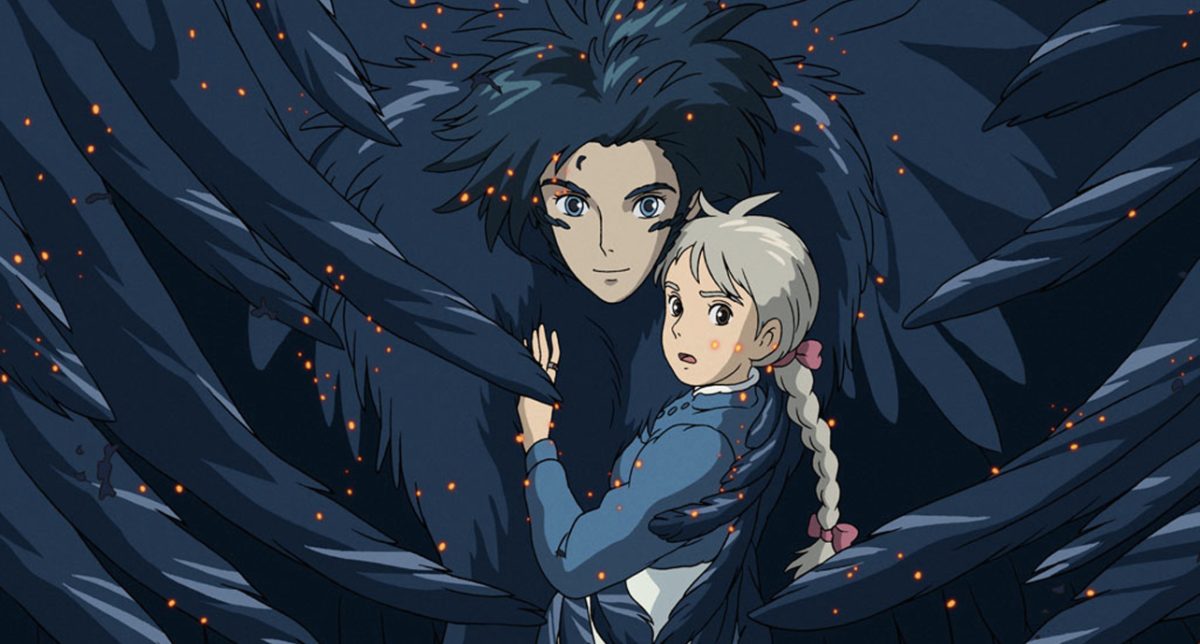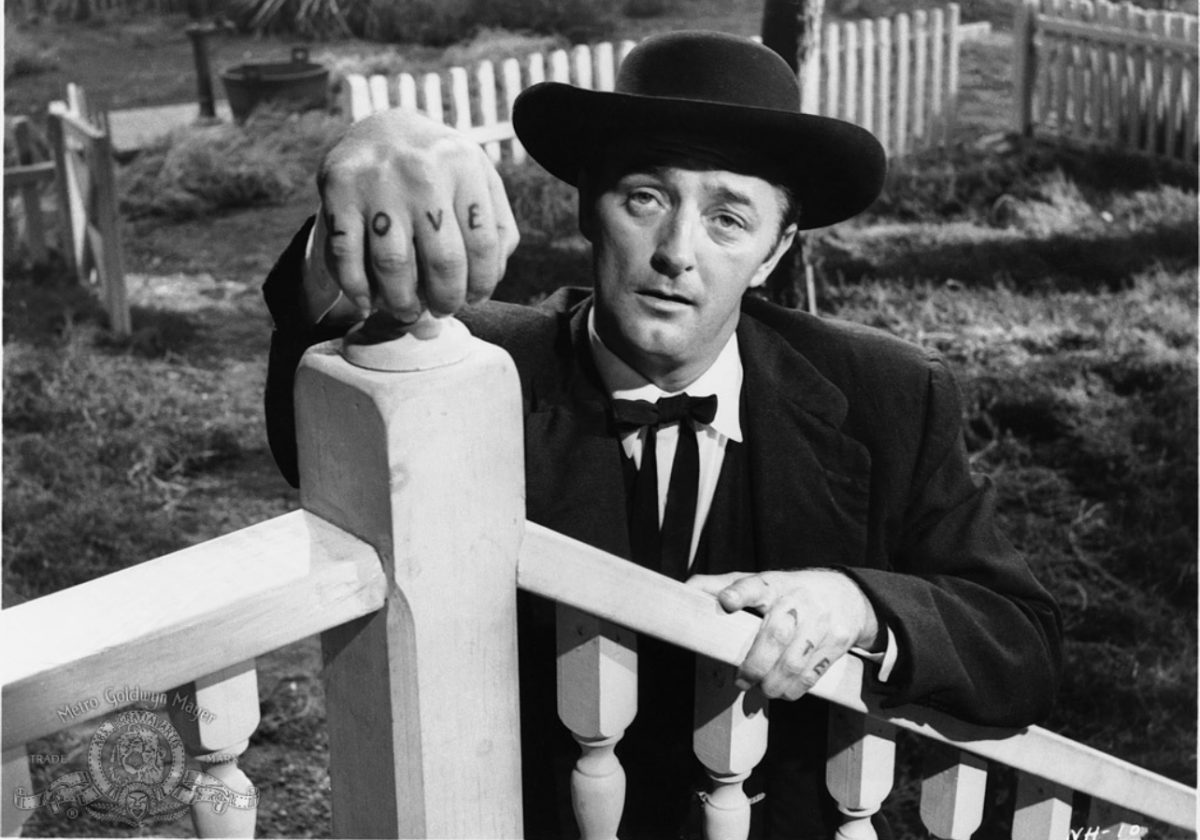There is something about film and television set in the near-future that always seems ominous, even if it stops short of truly dystopian. Often, it’s because these stories reflect our anxieties about where our present is taking us.
While the premise of Hulu’s original eight-episode series, “The First,” is built on earnest characters and hopeful themes, like humanity’s propensity to explore the next frontier, there is something vaguely unsettling about its sterile and technocratic vision of the near-future.
But instead of getting caught up in all the terrifying questions that recent real-world events have raised about where we’re headed as a society, “The First” looks past those depressing hurdles, to the broader trajectory of our civilization. There is a stark contrast between the eerie tone and this optimism at the core of the show’s story.
It suggests that as bad as things may seem, we’re still the same humans who sailed across vast oceans just to see what lay on the other side. Spend five minutes watching TV news and it’s easy to forget. “The First” serves as a timely reminder. The show focuses on humanity’s first manned mission to Mars, and the contentious politics surrounding it.
Natascha McElhone plays Laz Ingram, the head of a private space corporation along the lines of SpaceX. But unlike Elon Musk, her character is serious to the point of joylessness, seemingly filled with doubt and inner turmoil, grave with weight of responsibility for the lives and dreams of others.
Sean Penn has found an ideal role as Commander Tom Hagerty. Penn skillfully uses mannerisms and small cues to communicate far more about his character than the dialogue does. In many ways, “The First” is a real departure for the show’s creator, Beau Willimon. These characters are not the Machiavellian, power-hungry, borderline-sociopathic beltway insiders of Willimon’s “House of Cards.”
Instead, they are people with lofty dreams of exploration, who are willing to sacrifice every aspect of their personal lives to accomplish those goals. But for “House of Cards” fans, Willimon’s trademarks are noticeable. There is a similarly hushed, even reverential, restraint in the cinematography and style.
The understated yet epic tone is part of what allowed the characters to shine in “House of Cards,” and it does the same here. The tone is sinister in a similar way, which provides a contrast to the fundamentally optimistic premise.
The sterile atmosphere highlights the character’s emotions, even when they aren’t expressed in dialogue. Even more so than “House of Cards,” “The First” seems to have a fascination with cutting-edge technology, going one step further to consider where current technology will be in 20 years or so.
Everything is voice-activated, giving Penn a chance for lines and expression while wandering alone in his empty house during the first episode. Touchscreens are everywhere. Video-enabled glasses are one of the more striking ideas.
Everything is sleek and user-friendly, and the show makes a point to put this on display. Also in line with Willimon’s previous work, the show is heavy on the political context of space travel, with discussions of budget priorities and political expediency often taking center stage.
It shines a light on politicians saying what they think their constituents want to hear, at the expense, perhaps, of a greater good. What are we, as a society, willing sacrifice or prioritize in the name of discovery? It’s not a flawless show. Some of the dialogue seems forced, and lacks a certain ring of truth, often leaving me wondering whether real people would ever be having these interactions.
Is exploring the next frontier simply a way to avoid fixing the problems of our world? “The First” does more to ask this question than it does to answer it. It avoids the kind of soapboxing of a show like “The West Wing,” despite its theme of progress and discovery.
The same way wolves hunt and bears hibernate, humans explore. Whether that’s good is left up to the viewer. Where is the line between exploration and escape? These questions are what make “The First” so interesting.

